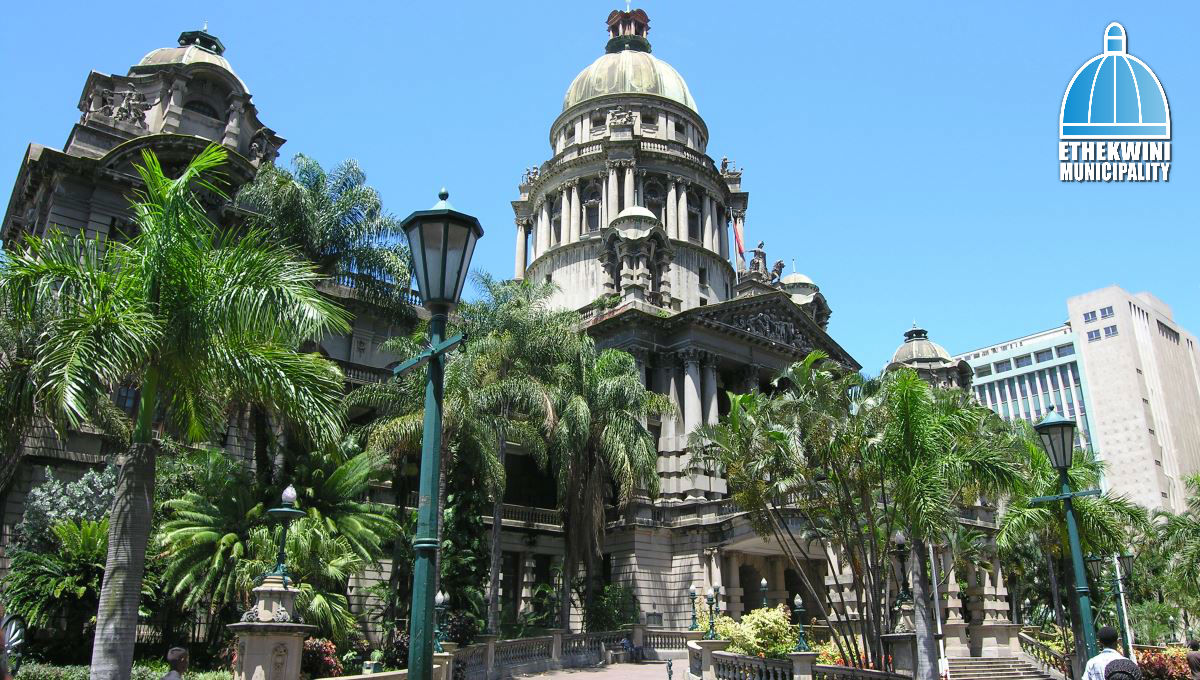
When apartheid ended in South Africa, local government was restructured, leading to the formation of the eThekwini Metropolitan Municipality in 1994. this happened after the first multiracial elections and the first mayor was Sipho Ngwenya.He should have served the normal five year term but only served two. This is because the city was changed to Durban UniCity in July 1996, when Obed Mlaba was appointed mayor. And it was changed again to eThekwini Metropolitan Municipality in 1999. Obed Mlaba was elected mayor again and then re-elected in 2006. Five years later, in 2011, there were local elections and James Nxumalo, a former Speaker of the Council, was elected as the new mayor. In 2016, the new mayor was Zandile Gumede.
The city of Durban is managed by eThekwini Municipality and is made up of elected members who serve to facilitate the provision of infrastructure, services and support for residents. The Council is made up of an elected Mayor, Councillors, executive committee and a number of implementation committees. The City is governed by a 219-member city council which is responsible for electing the Mayor, Deputy Mayor and Speaker.
Advice for anyone visiting Durban
We've already looked at some of the beautiful places you can visit if you travel to Durban, but travellers should be aware that South Africa is not the fluffiest of places to be. There is a very high level of crime, including murder and rape. However, the risk of visitors falling victim to violent crime in the main tourist destinations, such as Durban, is generally low. The protection of tourists is given high priority and tourism police can be found in many large towns.
- Crime tends to increase when large groups of people are gathered together so be especially vigilant when attending sporting events or other large gatherings.
- Vehicle hi-jacking and robbery are common, particularly after dark, so keep to main roads and only park in well lit areas. Be especially vigilant of your surroundings when in a stationary vehicle.
- Should you find yourself if difficulty it's possible to call the local police on 10111 or on 112 from a mobile phone.
- Driving is allowed on a UK driving licence for up to 12 months and the standard of driving can vary considerably. Over taking can occur in any lane, including the hard shoulder, which can also be used by trucks and slower vehicles to allow those travelling faster to overtake. If you find yourself at a quiet intersection the first vehicle to arrive usually has priority and at roundabouts you should give way to the right. But this rule is not often followed. Most roads are pretty well maintained but those in remote areas often have pothole. Drive with caution, keep within the speed limits and don't drive at night in unfamiliar rural areas.
- When it comes to safety on the beach be aware that a number of people drown every year due to the strong sea currents. Local people are the best ones to ask about conditions and look for warning flags or lifeguards before entering the water.